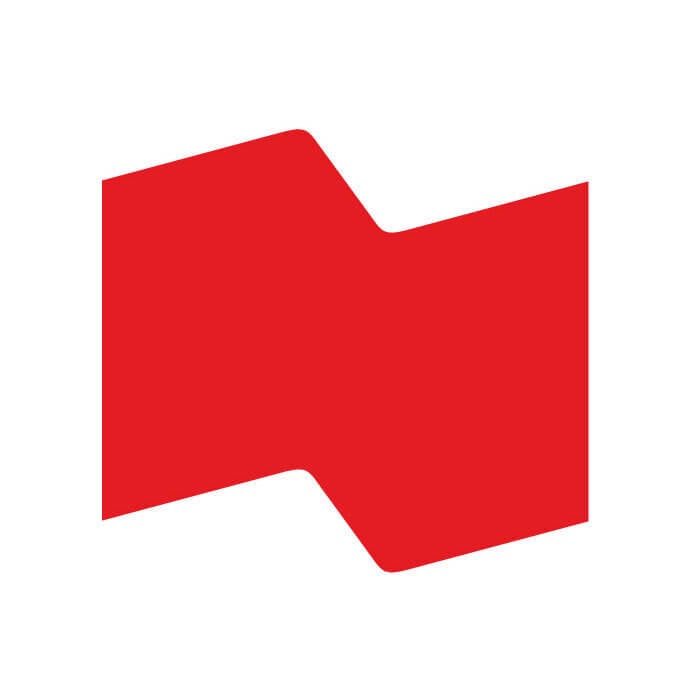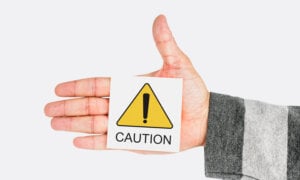Maybe home inspections aren’t common practice where you lived before. In Canada, home inspections aren’t mandatory, but they’re highly recommended. Looks can be deceiving—or at least not very forthcoming. A home inspection will reveal invisible and not-so-obvious things about a property, such as the condition of the roof and chimney, whether the wiring system complies with current building codes, the presence of mould behind drywall, the remaining lifespan of a furnace, and more.
A home inspection costs typically $500 to $600, but it could save you much more money in the long run. Repairs and replacements can be expensive. For example, replacing a furnace could cost between $5,000 and $7,000. A home inspection can change your mind about buying a certain property, or help you negotiate a lower price or conditions to have issues fixed or updated. If not, at least you’re buying with your eyes wide open.
sponsored
National Bank: The Chequing Account for Newcomers to Canada
- Awarded Best Bank for Newcomers to Canada by MoneySense
- No fixed monthly fees for up to 3 years and $100 cash back when you open a chequing account (conditions apply)
What does a home inspection include?
With the exception of a couple of provinces, there are no rules on what’s included in a home inspection. Generally, the list can be split into two parts: the exterior and interior of a home. An inspection covers non-destructive and non-invasive testing and inspection (meaning visual inspection—no hacking into walls, for example).
British Columbia and Alberta regulate home inspections, specifying who can do them and what they must include. In Nova Scotia, home inspections are strongly recommended, and in Newfoundland and Labrador, they are “encouraged.” Ontario is in the process of regulating home inspectors with the Home Inspection Act, 2017.
Innovation, Science and Economic Development Canada (ISDE) suggests that prospective home buyers check the following aspects of a property:
- Site: Driveway, fence, deck, lot
- Structure: Foundation, walls, roof
- Envelope: Windows, insulation
- Plumbing: Water heaters, fixtures, water pressure
- Interior finishes: Floors, cabinets, trim
- Heating, ventilation and cooling: HVAC systems and furnace
- Life safety systems and fire separation: Smoke detectors, carbon monoxide detectors, fire egress
- Electrical systems: Junction boxes, distribution panel, light fixtures
Some home inspection companies offer specialized services, such as checking for asbestos, mould and pests, for an added fee. However, since a home inspection is usually non-invasive, you would need to get permission from the home owner. Tip: Ask the property’s listing agent if a home inspection has already been done. If it has, they can provide the report. If you want a second opinion, you can hire an inspector.
Home inspection contracts
Before you hire an inspector, the ISDE recommends that you “Ask for a written contract outlining the items you need to have inspected, the home inspection report deadline and the total cost before the work gets started.”
The ISDE also suggests asking the inspector if they will use the CSA A770 Home Inspections standard, developed by the Canadian Standards Association (also known as CSA Group). You can view it online for free—registration is required. The standard spells out what should and shouldn’t be included in an inspection, what should be in the inspection agreement and more. If the inspector isn’t using the standard, ask how their method compares.














